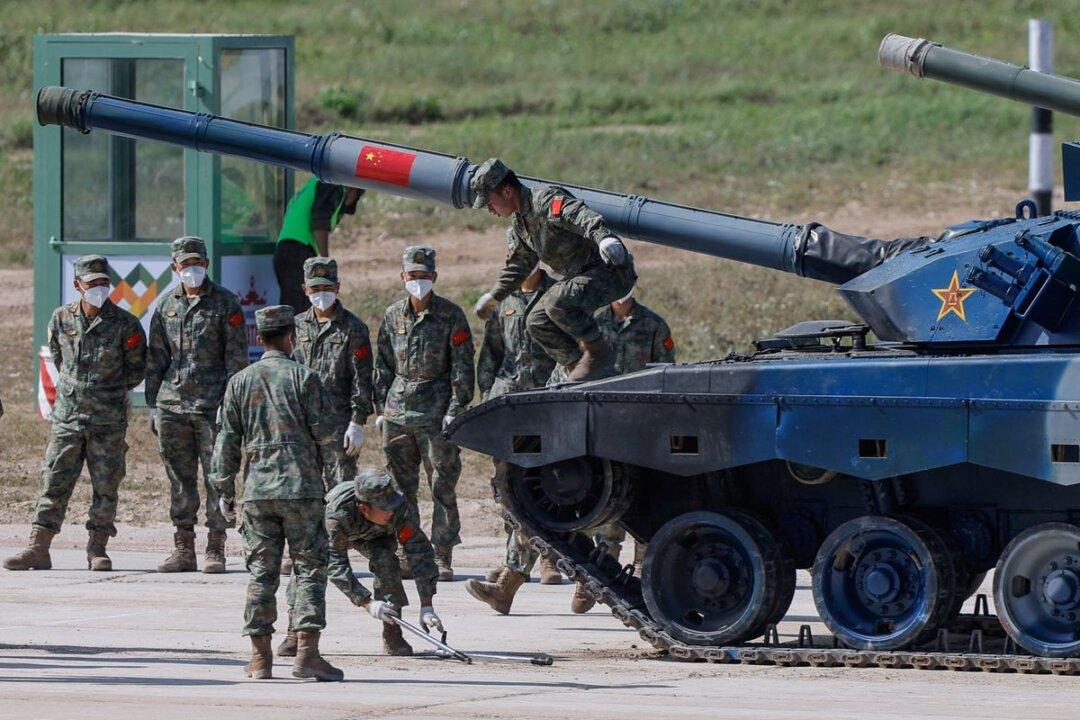Commentary
Chinese dictator Xi Jinping has announced that China is prepared to confront any nation that dares to stand in its path of “national rejuvenation.”

Chinese dictator Xi Jinping has announced that China is prepared to confront any nation that dares to stand in its path of “national rejuvenation.”